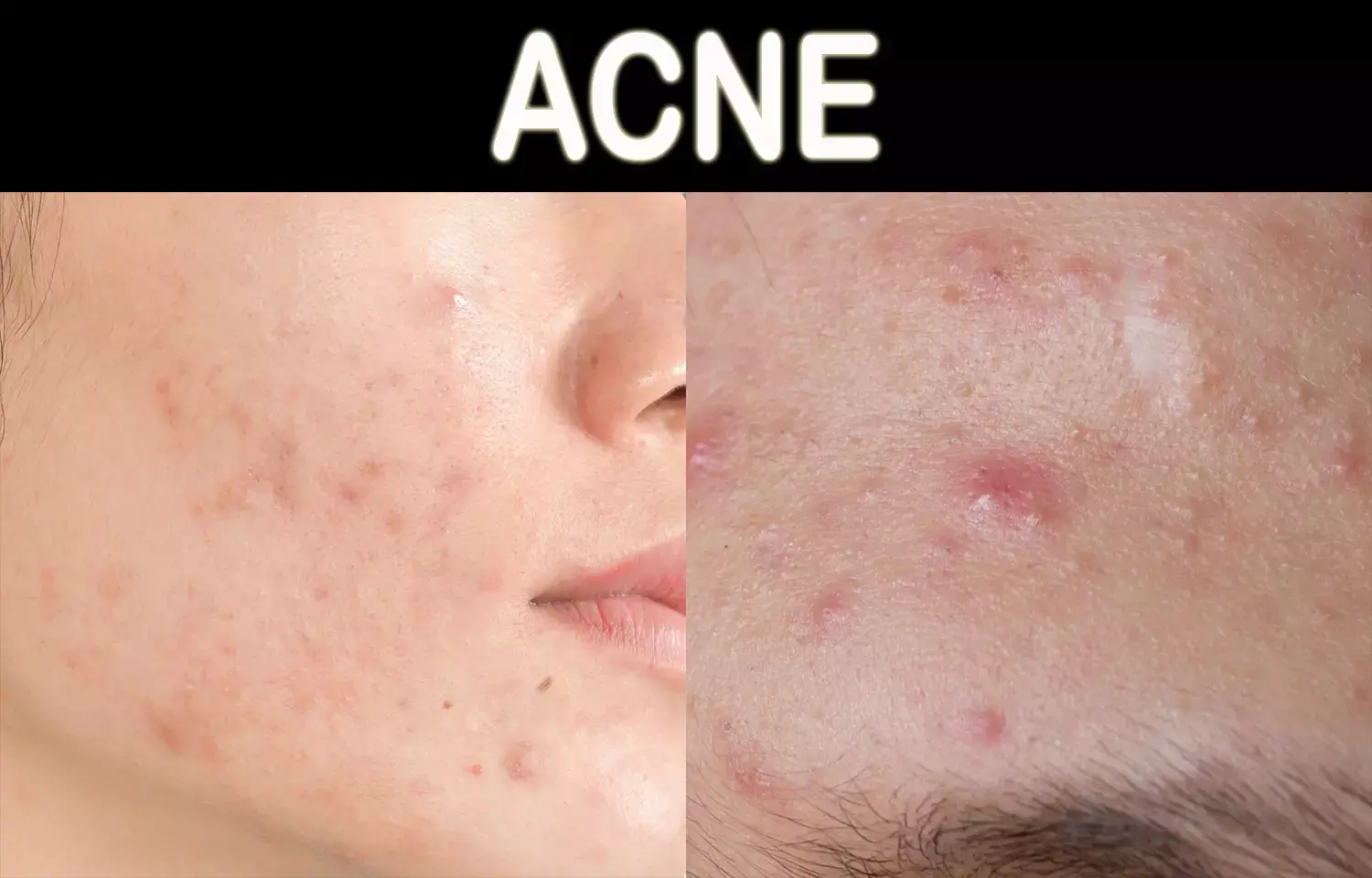- Home
- Medical news & Guidelines
- Anesthesiology
- Cardiology and CTVS
- Critical Care
- Dentistry
- Dermatology
- Diabetes and Endocrinology
- ENT
- Gastroenterology
- Medicine
- Nephrology
- Neurology
- Obstretics-Gynaecology
- Oncology
- Ophthalmology
- Orthopaedics
- Pediatrics-Neonatology
- Psychiatry
- Pulmonology
- Radiology
- Surgery
- Urology
- Laboratory Medicine
- Diet
- Nursing
- Paramedical
- Physiotherapy
- Health news
- Fact Check
- Bone Health Fact Check
- Brain Health Fact Check
- Cancer Related Fact Check
- Child Care Fact Check
- Dental and oral health fact check
- Diabetes and metabolic health fact check
- Diet and Nutrition Fact Check
- Eye and ENT Care Fact Check
- Fitness fact check
- Gut health fact check
- Heart health fact check
- Kidney health fact check
- Medical education fact check
- Men's health fact check
- Respiratory fact check
- Skin and hair care fact check
- Vaccine and Immunization fact check
- Women's health fact check
- AYUSH
- State News
- Andaman and Nicobar Islands
- Andhra Pradesh
- Arunachal Pradesh
- Assam
- Bihar
- Chandigarh
- Chattisgarh
- Dadra and Nagar Haveli
- Daman and Diu
- Delhi
- Goa
- Gujarat
- Haryana
- Himachal Pradesh
- Jammu & Kashmir
- Jharkhand
- Karnataka
- Kerala
- Ladakh
- Lakshadweep
- Madhya Pradesh
- Maharashtra
- Manipur
- Meghalaya
- Mizoram
- Nagaland
- Odisha
- Puducherry
- Punjab
- Rajasthan
- Sikkim
- Tamil Nadu
- Telangana
- Tripura
- Uttar Pradesh
- Uttrakhand
- West Bengal
- Medical Education
- Industry
Not all acne bad: scientists reveal strains of C. acnes that promote skin health

Osaka, JAPAN - Cutibacterium acnes, a bacteria that is known to cause acne, is also widely spread on people with healthy skin. Recent advances in gene sequencing have shown that differences in the genetic background between strains of bacteria may lead to differing roles in the skin. A new study, done without animal (mammal) testing, shows that the nonpathogenic strain of C. acnes improves the skin's resistance against the infection-causing bacteria Staphylococcus aureus.
The report appears in Microbiology Spectrum of the American Society for Microbiology.
"It is likely that C. acnes maintains skin health by inhibiting common pathogens like S. aureus from invading skin tissue," said lead author Ayano Tsuru, a graduate student at the Graduate School of Human Life Science, Osaka City University. "Instead of using mammals, we explored this with Caenorhabditis elegans, a 1mm nematode that has basic animal parts like a nervous system, muscles, and digestive tract, as well as a body surface barrier equivalent to human skin."
In this joint study between the Osaka City University and Okayama University, researchers used C. elegans to investigate the biological effects of several strains of C. acnes isolated from human skin.
Results showed that ribotype (RT) 4 and 8 strains, a classification of bacteria strains based on polymorphisms in rRNA, which are often detected in the skin of individuals suffering from acne, shortened the lifespan of the nematode, while RT6 strains that are often found in the skin of people without acne, did not.
"This means that," explains supporting author Yumi Hamazaki also a graduate student at the OCU Graduate School of Human Life Science, "ribotype strains of C. acnes that cause acne in humans correlated with virulence, or a shortening the C. elegans lifespan."
The team further clarified this finding by investigating the effect of healthy skin-associated strains of C. acnes on the nematode's susceptibility to S. aureus. Results showed the survival period of nematodes infected with the pathogen to be longer than the control group.
Also, RNA sequencing analysis of changes in the gene expression revealed that strains of C. acnes behind healthy skin activated a group of genes related to innate immunity and biological defense responses in C. elegans. "Further analysis of nematode gene mutants" states Professor Shuta Tomida of the Center for Comprehensive Genomic Medicine at Okayama University Hospital, "suggests this resistance to S. aureus was mediated by TIR-1 and p38 MAPK pathways that are responsible for innate immunity and not by suppressing the growth of the S. aureus pathogen.
The implications of this study are wide and exciting.
By focusing on ribotypes related to the absence of acne, this study revealed there are beneficial aspects of acne bacteria, which have had a generally negative image.
As advisor to the study, Eriko Kage-Nakadai, professor at the OCU Graduate School of Human Life Science puts it, "this reminds us that when evaluating the biological effects of certain bacteria, there is a need for a discussion at the strain level. Also," the professor continues, "the fact that we succeeded in detecting the effects of skin indigenous bacteria using C. elegans illustrates the usefulness of this nematode as an alternative model in the field of epidemiology."
Lastly, in the landscape of probiotic research currently dominated by bifidobacteria and lactobacillus, the team is excited at the expectation that this study may lead to the application of healthy skin-related strains of C. acnes as a "non-drinking probiotic".
https://journals.asm.org/doi/10.1128/Spectrum.00562-21
Hina Zahid Joined Medical Dialogue in 2017 with a passion to work as a Reporter. She coordinates with various national and international journals and association and covers all the stories related to Medical guidelines, Medical Journals, rare medical surgeries as well as all the updates in the medical field. Email: editorial@medicaldialogues.in. Contact no. 011-43720751
Dr Kamal Kant Kohli-MBBS, DTCD- a chest specialist with more than 30 years of practice and a flair for writing clinical articles, Dr Kamal Kant Kohli joined Medical Dialogues as a Chief Editor of Medical News. Besides writing articles, as an editor, he proofreads and verifies all the medical content published on Medical Dialogues including those coming from journals, studies,medical conferences,guidelines etc. Email: drkohli@medicaldialogues.in. Contact no. 011-43720751


